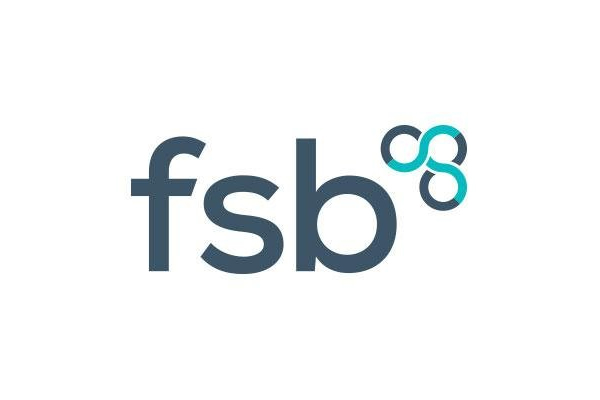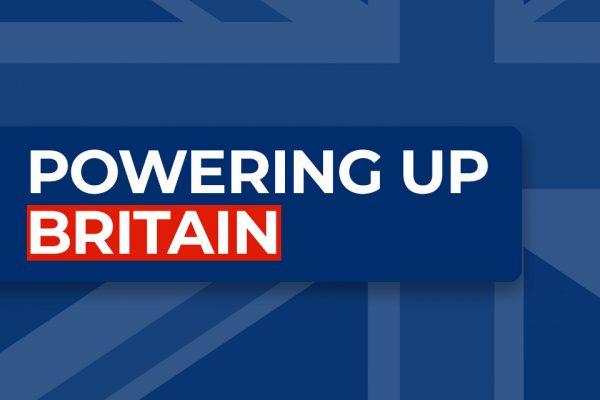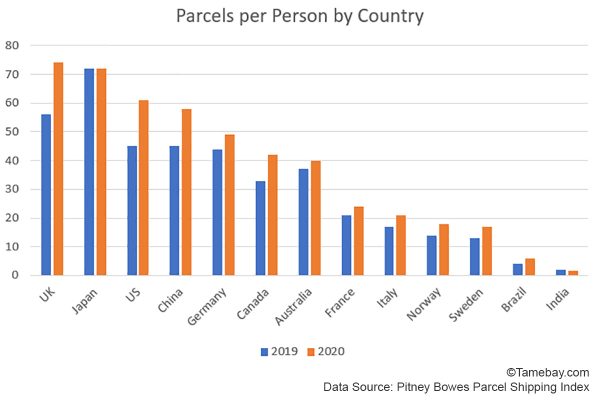The Federation of Small Businesses (FSB) has said that small firms are concerned about increases in the National Living Wage (NLW) and government should consider the state of the economy before compulsory rises come into force. As it stands the UK government is seeking to raise the NLW to £8.75 by 2020. The FSB recommends that the Autumn Budget limits 2018 increases to £7.85.
An FSB survey says that most UK SMEs (64%) have accommodated the NLW by taking lower profits. The NLW is the minimum wage for the over 25s payable to all.
39% of small businesses impacted by the NLW have put up prices to cope with the most recent increase to £7.50 an hour. 24% of those surveyed say they have cancelled or reduced investment plans, 22% have reduced staff hours and 19% say they have made fewer hires. And because of the age limit on the NLW, 4% say that they have taken to hiring staff aged less than 25.
Wilfred Mitchell is the FSB Policy Chair for Northern Ireland says of the survey and the impact of the NLW. He says: “Small businesses owners have demonstrated their resilience in meeting the challenge set by the National Living Wage, with many cutting their margins, or even paying themselves less, to pay their staff more. In sectors where margins are tight, small firms are resorting to more drastic measures to cope with the NLW. Therefore it is vital that the NLW is set at a level that the economy can afford, without job losses or harming job creation. Cost pressures on small businesses are building, and with most recent economic indicators underperforming, we are now facing the reality that the NLW target may need to be delayed beyond 2020.”
There’s no doubt that SMEs are under pressure right now and the uncertainty of Brexit doesn’t much help. But the NLW has been long heralded and is being introduced incrementally so it’s not a sudden, unexpected expense. Have you been affected by the NLW?









